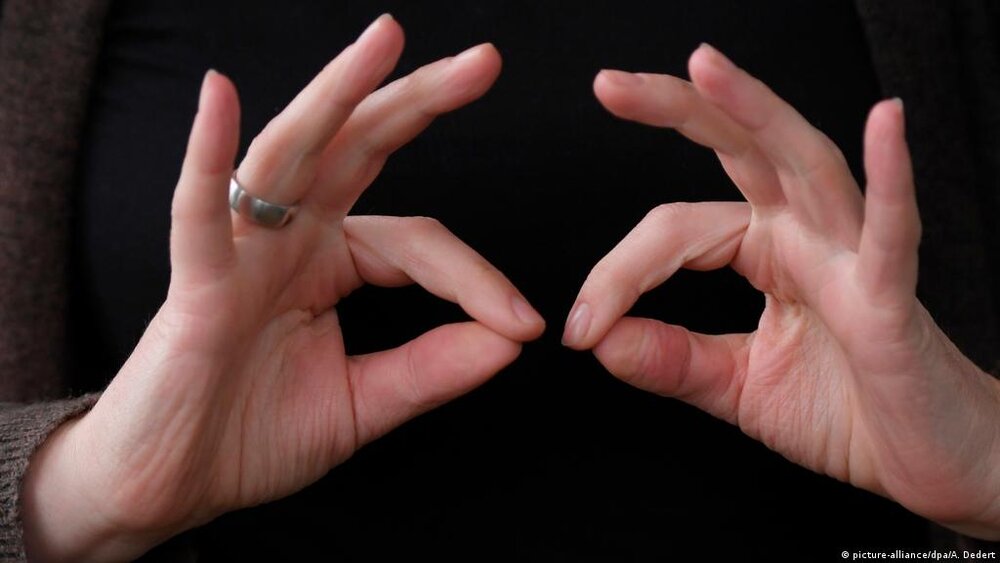Sign languages: linguistic identity and cultural diversity of the deaf

TEHRAN – International Day of Sign Languages (IDSL) is celebrated annually across the world on September 23 along with International Week of the Deaf.
The International Day of Sign Languages is a unique opportunity to support and protect the linguistic identity and cultural diversity of all deaf people and other sign language users.
During the 2022 celebration of the International Day of Sign Languages, the world will once again highlight the unity generated by sign languages.
There are more than 70 million deaf people worldwide, using more than 300 different sign languages.According to the World Federation of the Deaf, there are more than 70 million deaf people worldwide. More than 80 percent of them live in developing countries. Collectively, they use more than 300 different sign languages.
Sign languages are fully fledged natural languages, structurally distinct from spoken languages. There is also an international sign language, which is used by deaf people in international meetings and informally when traveling and socializing. It is considered a pidgin form of sign language that is not as complex as natural sign languages and has a limited lexicon.
The Convention on the Rights of Persons with Disabilities recognizes and promotes the use of sign languages. It makes clear that sign languages are equal in status to spoken languages and obligates state parties to facilitate the learning of sign language and promote the linguistic identity of the deaf community.
The UN General Assembly has proclaimed September 23 as the International Day of Sign Languages in order to raise awareness of the importance of sign language in the full realization of the human rights of people who are deaf.
This day marks the birth of an advocacy organization, which has as one of its main goals, the preservation of sign languages and deaf culture as prerequisites to the realization of the human rights of deaf people.
The resolution establishing the day acknowledges that early access to sign language and services in sign language, including quality education available in sign language, is vital to the growth and development of the deaf individual and critical to the achievement of the internationally agreed development goals.
It recognizes the importance of preserving sign languages as part of linguistic and cultural diversity. It also emphasizes the principle of “nothing about us without us” in terms of working with deaf communities.
Hearing loss prevalence in Iran
According to the Welfare Organization, some 230,000 people with severe hearing loss are supported by this organization.
Mohammad Farhadi head of the national committee for hearing health said in March 2019 that about 520,000 hearing impaired citizens are living in Iran and 1,500 infants suffering from profound hearing loss are born in the country annually.
In premature infants, the range of hearing impairment is 20 to 40 percent while the average hearing loss in Iranian full-term infants is 2.7 per 1,000 births, he said.
He said that eleven governmental cochlear implant centers are currently active in Iran.
Over 10,000 Iranians benefit from cochlear implants during the past 26 years, he announced.
A cochlear implant is a surgically implanted neuroprosthetic device that provides a sense of sound to a person who suffers severe to profound sensorineural hearing loss.
Hearing loss may be caused by genetic causes, complications at birth, certain infectious diseases, chronic ear infections, the use of particular drugs, exposure to excessive noise, and aging. However, 60 percent of childhood hearing loss is due to preventable causes.
Unaddressed hearing loss incurs an annual global cost of $750 billion. Interventions to prevent, identify, and address hearing loss are cost-effective and can bring great benefits to individuals.
People with hearing loss can benefit from early identification; the use of hearing aids, cochlear implants, and other assistive devices; captioning and sign language; and other forms of educational and social support.
FB/MG
